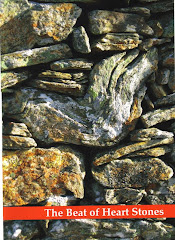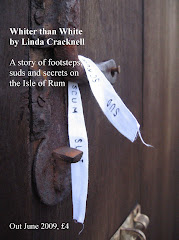
During my talks, I showed the students a photo of the sea – gentle waves, a straight horizon, a monochrome surface. Something might happen, I said, like a boat crossing, a bird landing. But not much. This is a bit like a short story on first reading. Then I showed them an underwater photo. Tangled weeds, deep shades and luminous shallows, teeming bright fishes. Surprises. Here are the lurking depths of the short story, I told them. If you find the reading difficult, be reassured. Read, re-read, pore over the words and the gaps in-between them, like a diver searching for meaning.
And so a discussion began, about how the short story is as much about what doesn’t happen as what does; as much about what is unstated or omitted. I hope that their repeated searches through one or two of my stories will have rewarded them with deeper meaning. As Flannery O’Connor said: ‘Being short does not mean being slight. A short story should be long on depth.’

I returned home, head full of short fiction, to find in the post a copy of Short Circuit (in which I have a piece). This is Salt Publishing’s how-to book about the craft of short story writing, brought together by writer Vanessa Gebbie. As a methodical coursebook I've always sworn by Ailsa Cox’s Writing Short Stories. Short Circuit is quite different, and complementary, bursting as it is with writers’ generous accounts of their own creative processes, what captivates their writing minds, how they find a voice, as well as advice to new writers including suggested writing exercises, and of course, recommended stories to read. Graham Mort, Paul Magrs, Tania Hershman and Clare Wigfall are included - new exponents of the form as well as old hands. Personal, quirky, and straight from the horse’s mouth. Well worth the £11.99 if you buy it direct from Salt here.
And find Sally Zigmond's fascinating analysis of the title story of Vanessa's collection 'Words from a Glass Bubble' here.




No comments:
Post a Comment